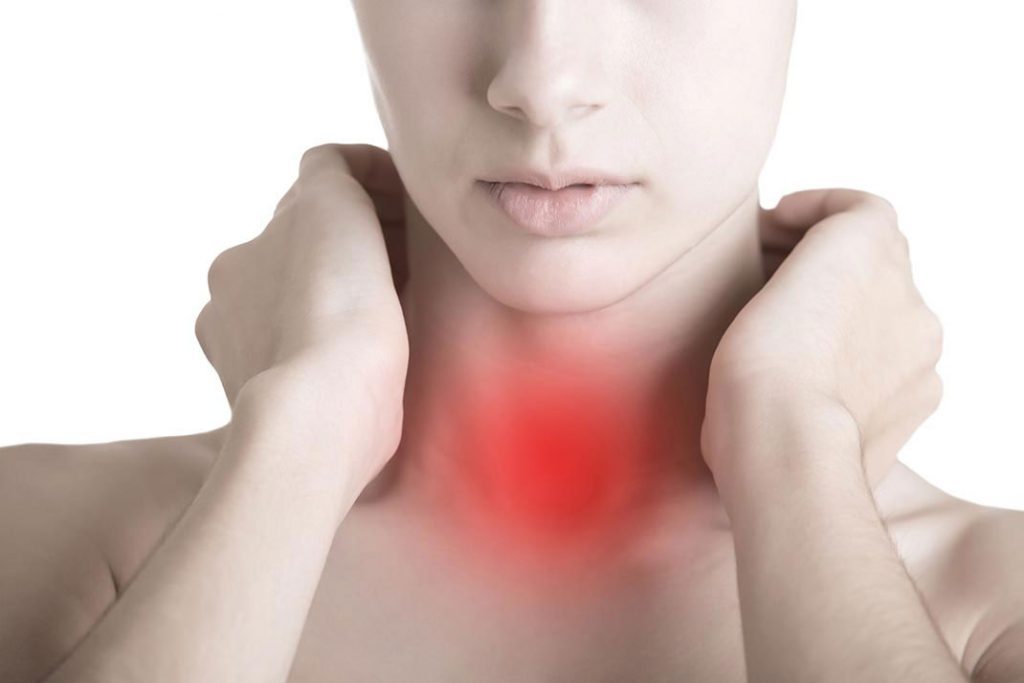Hypothyroid – Common Causes and Treatment Options

The Thyroid gland is a butterfly shaped gland located at the front of the body, at the base of the neck. It is an integral part of the endocrine system and plays a vital role in the overall health of a person and in metabolism as well. It is essential in the growth process and the maturation of a body. It also regulates many bodily functions by constantly releasing a set amount of hormones into the body. This gland produces more hormones when the body requires an infusion of energy in the event of pregnancy, growth and even when a person feels cold.
Defining Hypo-thyroidism:
This is a condition in which the thyroid gland is underactive and doesn’t produce enough of the hormones required for optimum functioning of the body. Since its role is to regulate the way energy is used by the body (metabolism), low hormone levels cause many body functions to slow down. Many people suffer from this condition and may not realize it.
Important Facts to know:
- This gland produces two hormones – T3 and T4.
- These play an important role in the body’s metabolism.
- Thyroid function is stimulated by the pituitary gland and the hypothalamus.
- The most common cause in many parts of the world is Hashimoto’s disease.
- Some of the symptoms are inability to tolerate cold, fatigue, muscle and joint pain.
- Pregnant women are more likely to have it as their bodies require more hormones during their term.
- It can be diagnosed by a physical exam and blood test.
- It is treated using a synthetic hormone called Thyroxine.
- It can be controlled and those who have the condition have to take medication for the rest of their lives.
What causes Hypo – thyroidism?
Hypothyroidism occurs when the gland fails to work properly or if it is not stimulated enough by the pituitary gland and hypothalamus. Hashimoto’s disease, also known as chronic lymphocytic thyroiditis is an auto-immune disorder in which the body’s immune system attacks cells and organs. Thyroiditis is caused when the gland gets inflamed and hormones leak into the blood. This condition can occur if a person suffers from a bacterial or viral infection.
Many conditions caused by a malfunctioning thyroid can be treated by partly or completely removing the gland, conditions like cancer, nodules in the gland, goiter etc. Radiation treatment is generally done to treat thyroid issues.
Thyroid problems also occur if a person is taking medications which interfere with hormonal production. Some such medications are interferon, lithium, amiodarone and tyrosine kinase inhibitors.
If the pituitary gland malfunctions or has tumors, this can lead to thyroid issues. In many cases, insufficient iodine in the diet can also lead to hypothyroid issues and goiter.
Signs and Symptoms:
Since every individual’s needs and body function is different, symptoms can vary. Some of the most common are weight gain, fatigue, low tolerance of cold, constipation, muscle and joint pain, dry skin, decreased sweating, thin fingernails and hair, heavy periods, slow heart rate, high cholesterol, puffiness in the face and extremities and weakness.
If this condition is not treated, it can lead to infertility, slow speech, peripheral neuropathy, hoarseness, a marked decrease in smell and taste, health issues like depression and impaired memory and even birth defects. Since it is a condition that progresses slowly, often the condition is caught late.
Available treatment options:
The easiest way to treat low thyroid levels is to offer sufferers synthetic medication. Synthetic thyroxine is identical to T4 and works well for many people. A physician will determine the dose based on a person’s general history and blood test results. Dosage will have to be tweaked on a regular basis to make sure that a patient is responding well to treatment.
Iodine is another essential mineral that can be introduced through the diet. People with auto-immune problems should be careful about taking iodine as it can cause problems. Pregnant women should make sure that they get a good amount of iodine in their diet through pre-natal vitamins. A person’s diet can affect the way medication is absorbed. This is why patients should discuss their condition with a doctor before making any changes in their diet plan.









